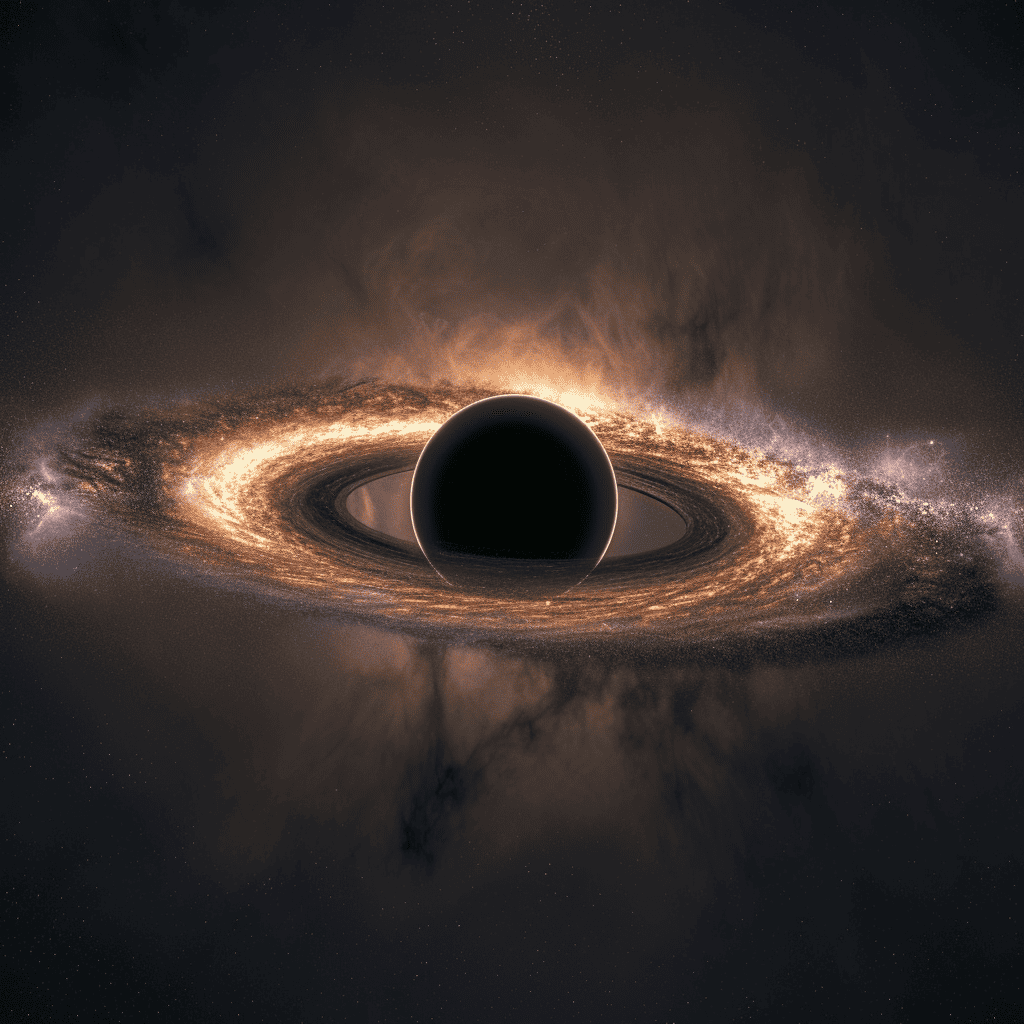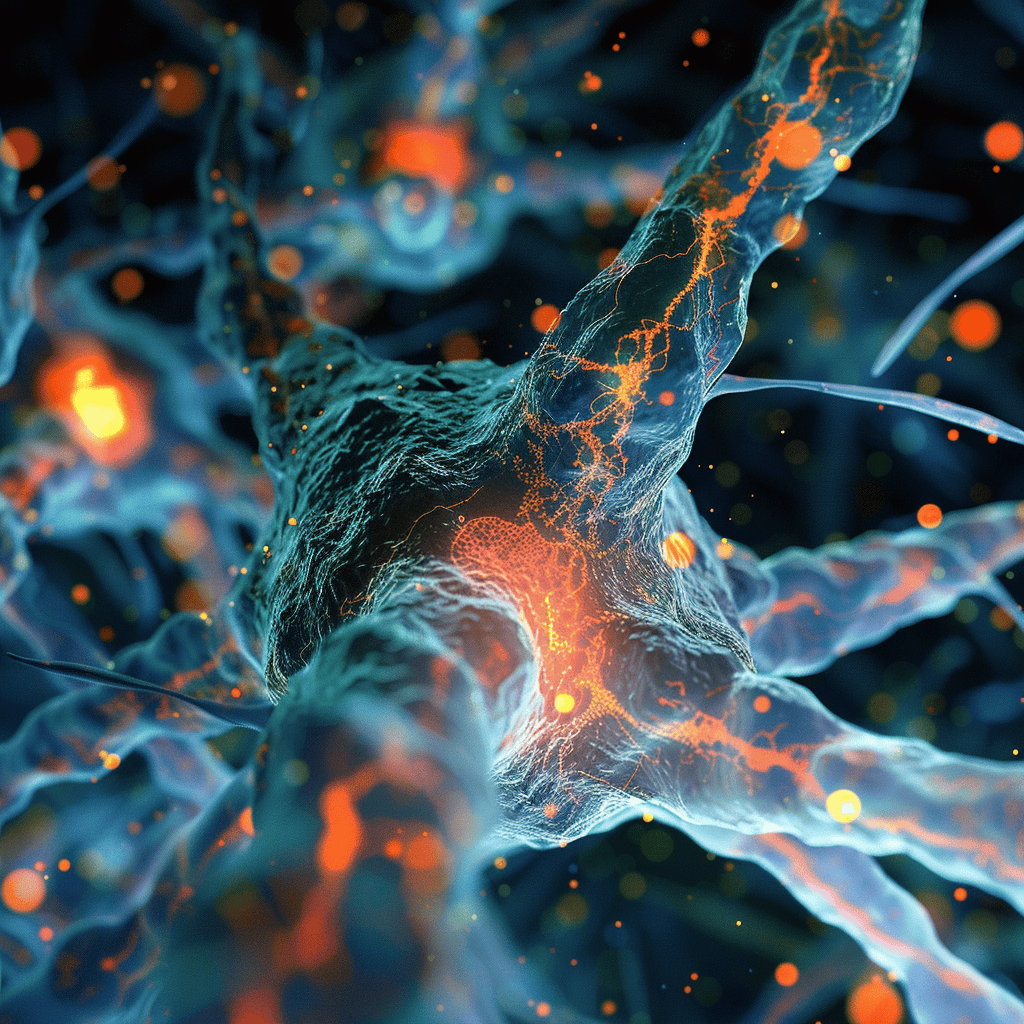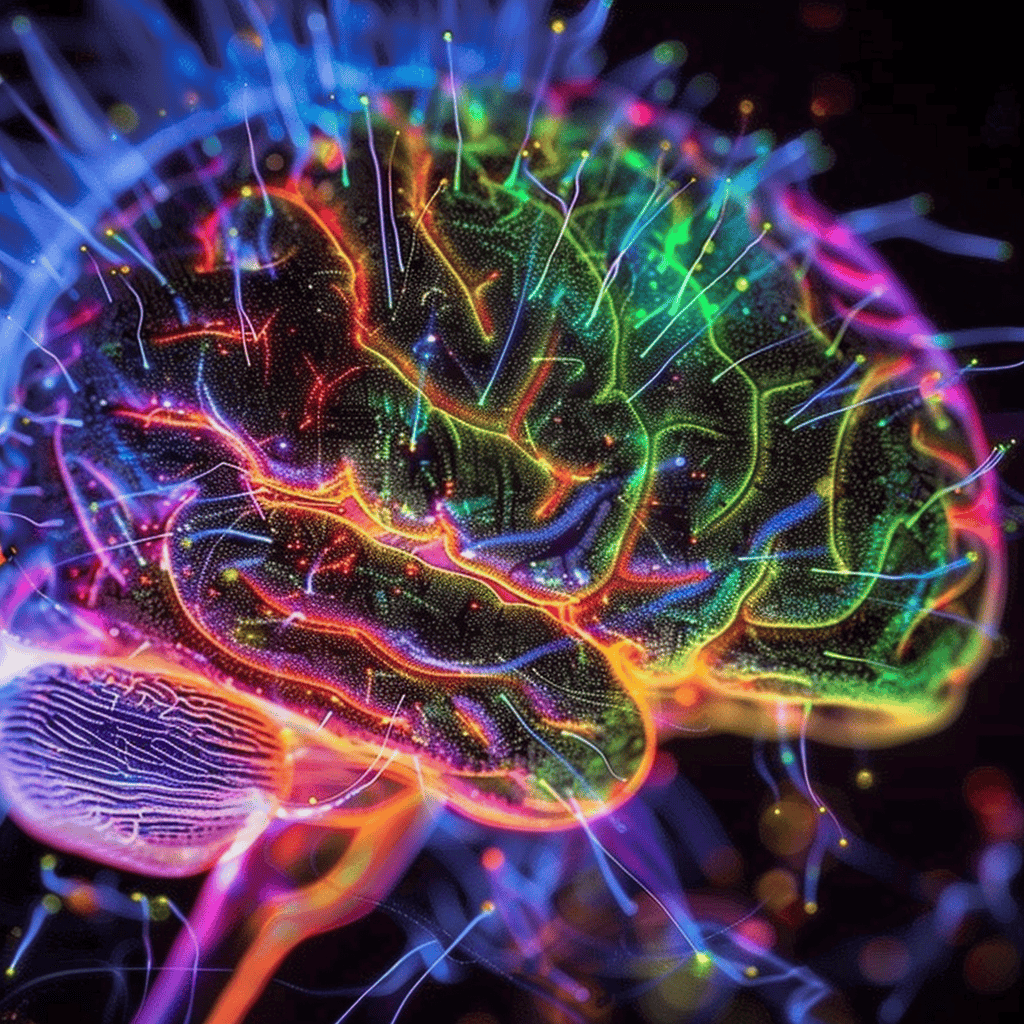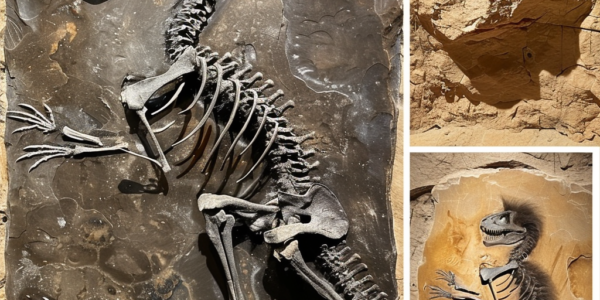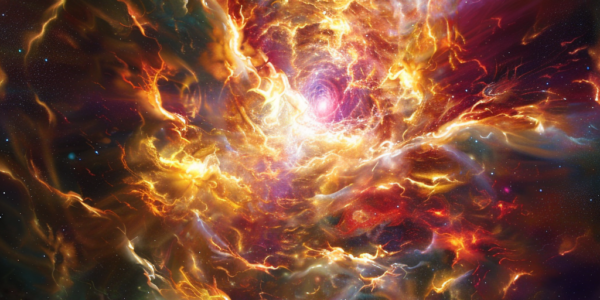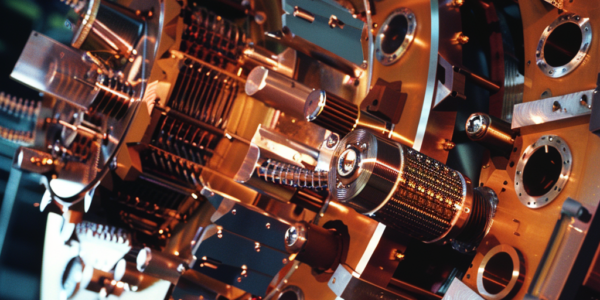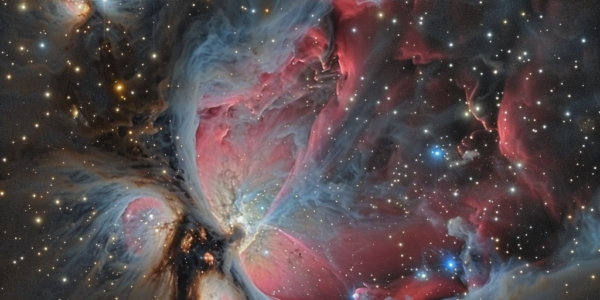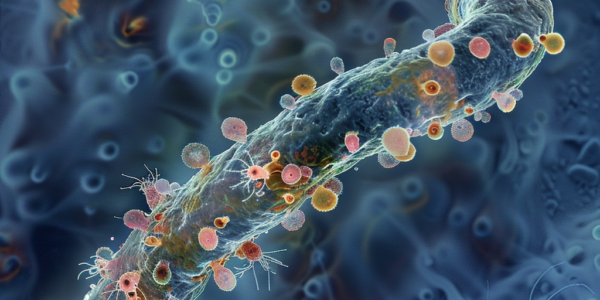New Research Shows Cumulus Clouds Dissipate Quickly During Solar Eclipses
New research from the Netherlands reveals that cumulus clouds dissipate rapidly during a solar eclipse as the ground cools. This has implications for climate engineering and artificial eclipses. The study, published in Nature Communications Earth and Environment, used a new method to recover satellite measurements during eclipses, shedding light on the precise reaction of clouds to solar eclipses.
Recent Discoveries Shake Up Scientific Community
Recent discovery reveals 280-million-year-old fossil thought to be one of the oldest reptiles is mostly black paint. In other news, researchers have developed a rechargeable calcium—oxygen battery and observed playful behavior in young great apes, raising questions about animal cognition and relationships.
Altering Wastewater to Slow Climate Change
A study suggests that adding alkaline chemicals to wastewater discharged into the oceans could increase CO2 sequestration, potentially mitigating climate change. This approach aims to reduce acidity of wastewater and remove carbon dioxide from the atmosphere, offering a sustainable method to lower CO2 levels.
Groundbreaking Discovery of Heavy Element Creation in Cosmos
Scientists have made a groundbreaking discovery using the James Webb Space Telescope (JWST) and the Hubble Space Telescope, revealing new insights into the creation of heavy elements in the cosmos. The collision of two ultradense neutron stars led to the production of metals heavier than iron and silver, including gold. This discovery challenges previous beliefs about the origins of gamma-ray bursts and opens up new avenues for understanding cosmic processes.
Colossal Magnetic Field Detected in Nuclear Matter
Researchers have observed the interaction between a state of matter known as a quark–gluon plasma (QGP) and a magnetic field 1000 times the strength of those on neutron stars. This observation is a step toward a better understanding of the strong nuclear force and puts limits on the possible value of the QGP’s electrical conductivity, informing models of the early Universe.
Astronomers Make Groundbreaking Discovery in Orion Nebula
A groundbreaking discovery in the Orion Nebula reveals the destruction and re-formation of water within a planet-forming disk, shedding light on the intricate processes taking place within the nebula. The study, led by University Paris-Saclay Ph.D. student Marion Zannese and involving an international team, was published in Nature Astronomy and holds significant implications for the emergence of life beyond our planet.
Genomes of extremophiles contain information about their extreme environments
Organisms living in extreme environments have genomes that contain information about the type of environment they thrive in, according to research by the University of Waterloo and Western University. This discovery could lead to a better understanding of how organisms adapt to harsh conditions and potential applications in biotechnology and astrobiology.
Impact of Human-Induced Emissions on US Rainfall Patterns
A recent study by the Department of Energy’s Lawrence Berkeley National Laboratory reveals the complex interplay between human-induced greenhouse gas and aerosol emissions on rainfall patterns in the United States. While greenhouse gas emissions contribute to increased rainfall, aerosols have a long-term drying effect, with short-term impacts that vary with the seasons. The research emphasizes the significant role of aerosols in offsetting the expected rise in extreme rainfall and offers valuable insights into the intricate relationship between human-induced emissions and rainfall patterns.
Synthesis of Pantetheine Under Everyday Conditions Suggests Origins of Life
Researchers have synthesized pantetheine, a crucial component of acetyl coenzyme A, under everyday conditions, suggesting it could have formed naturally on early Earth. This finding could have implications for the origins of life and the synthesis of biologically crucial chemicals.
Goncalo Ramos Saves PSG in Tense Draw Against Rennes
Goncalo Ramos emerges as hero for PSG with late goal to salvage 1-1 draw against Rennes, overshadowing Kylian Mbappe’s lackluster performance. Ramos’ crucial contribution earns praise and expectations for future impact, while Mbappe’s disappointing display raises concerns among fans. PSG looks ahead to regroup and refocus for upcoming fixtures in Ligue 1 and Champions League.









